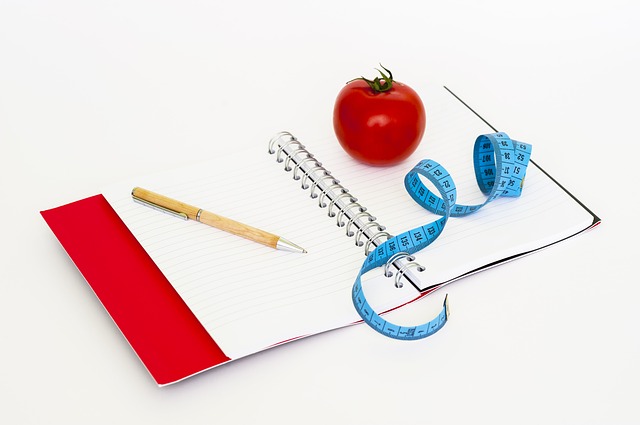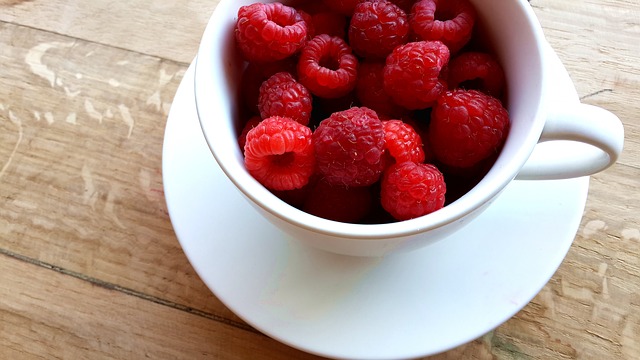In my first article, I talked about some of the more commonly believed myths about dieting and losing weight. Here I hope to explain more about how to get started on developing a healthy diet and the importance of knowing your calories. Remember the last time I mentioned that diet is 80% of the key to weight loss, or weight management if you prefer.
What are Calories?
To start with, what are calories really? A calorie is basically a unit of energy that the body derives from fuel which in this case is food per weight in grams/ ounces. Technically when we say there are 155 calories in 100 gms of boiled egg, it’s actually Kilo-calories (like kilograms versus grams in units of weight), but for convenience it’s usually referred to as just calories.
Different types of food provide different quanta of energy or calories. What happens to these calories? Your body uses and burns it in doing various activities. Even when sleeping your body is burning calories just to keep your heart beating, your brain and organs functioning, amongst a myriad of other natural and involuntary functions. I’ll come back to why that’s important later.
The basic principle of understanding how this works in relation to weight management is knowing your energy consumption vs. energy expenditure, or calories in vs calories out. A calorie deficit is when you eat less than you burn and will result in weight loss, whereas a calorie surplus is when you eat more than you burn, leading to weight gain. Simple enough concept, right?
In practice, there are various apps and websites you can use these days to track your calories consumed and burnt fairly accurately. Some will even allow you to enter your own recipe and will calculate the calories contained in it per weight/ serving.
So what should I be eating? What is a Balanced Diet?
A “balanced diet” typically contains 40-60% carbs, 10-35% protein and 20-35% fats. Carbohydrates, proteins and fats are macro-nutrients which provide the calories that your body burns. Whether you are vegetarian, eggetarian, or vegan, try and make sure that you get your requisite protein and micro-nutrients from whichever sources suit you.
Get your Protein
Regardless of your current size and goals, you should aim to lose fat rather than weight. And this is why your meal composition is important. Many Indians in particular do not get sufficient protein in their diet. When protein intake is insufficient, your body will lose muscle, and you will look skinny-fat or not ‘toned’ even if you lose overall weight.
If you work out and exercise hard, protein becomes even more important to rebuild and maintain muscle. Healthy fats are also an essential part of a good diet, and required by the body to function optimally. They help in building cell-walls, produce hormones, and transport fat-soluble vitamins such as A and D through your body, so don’t be afraid of good fats in your diet. Low-fat diets are hopefully becoming a thing of the past now.
Another thing I mentioned before was about making long-term lifestyle changes.
A change in diet entails changes that you can sustain as healthy habits for the rest of your life. Make these changes gradually, rather than going for an all or nothing approach, where if you fail, the whole plan falls by the wayside. We read dozens of articles everywhere about consuming more whole foods.
Whole Foods
The reason is that they contain more micro-nutrients such as vitamins & minerals, as well as fibre and other good stuff gram for gram compared to “junk food”. These are required by various parts of our body for optimal functioning. Increase the quantity of fruits and vegetables, whole grains, nuts and pulses in your diet and cut down on the amount of processed foods & fast foods eaten.
Try and eat protein from natural sources such as eggs, lean chicken and fish, whole milk and curds, lentils and nuts etc., rather than processed meats and foods. Carbohydrates are healthy when they are whole, unprocessed grains rather than processed white rice, sugars and white flour-based products. Your grocery shopping should ideally contain 90% of whole foods and the remaining can be packaged foods.
Overeat, do ya?
If you’re the type who tends to over-eat, I find that food scales to measure your servings work better than arbitrary measurements like a cup etc. (unless you actually use a standard size cup measure) as most people’s eyeballed version of 1 cup varies greatly. Naturally, each person is slightly different, and while not everyone burns calories exactly the same way, the differences are minor. If you create a sufficient calorie deficit, and are honest about how you measure and log it, you will lose weight.
Poor Metabolism, really?
There is no such thing as having poor metabolism which prevents you from losing weight. That is no excuse unless you have an actual diagnosed hormonal imbalance caused by a thyroid disorder or the like. Probably a few people such as professional athletes actually have higher than average metabolisms.
Unhealthy Diets and Health
Experts believe that disorders such as PCOS are in fact caused by unhealthy diets (too many processed & sugary foods) which lead to weight gain and disrupt hormone balances in the body. So chances are, when you get to a healthy weight, many symptoms of such conditions may be held in check as well.
Well, I intended this to be an overall guide, if not an exhaustive one to getting started on a healthier diet and important things to know if you’re getting started on a weight loss program, but it turns out that I still have plenty more to say, so consider this Part-1 or Diet 101. More to follow.
The websites and apps I have used and recommend are www.myfitnesspal.com and www.caloriecount.com.







Enjoyed reading the article above , really explains everything in detail,the article is very interesting and effective.Thank you and good luck for the upcoming articles